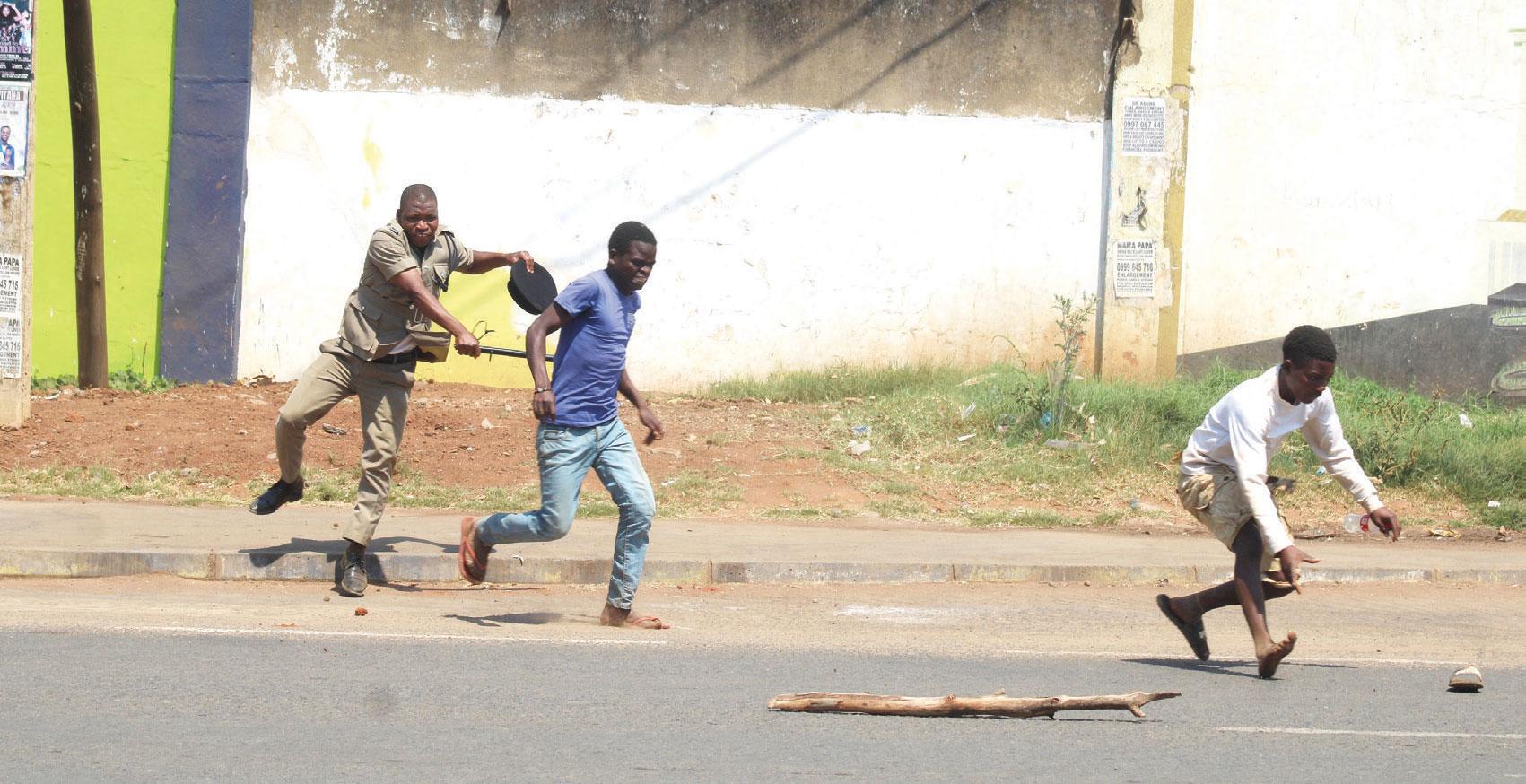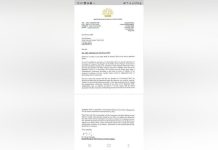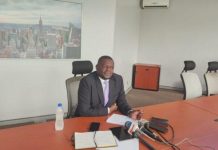Africa-Press – Malawi. The Malawi Police Service continues to get bad ratings due to unprofessional conduct, eight months after an Afrobarometer survey report found the institution to be the most corrupt and failing to be professional.
When the April Afrobarometer survey report was released showing the police as the most corrupt, the institution issued a statement acknowledging corruption challenges and indicated that the service was working to improve its professionalism and image.
Eight months later, the police are still topping the corruption charter of 11 institutions and that they are operating in unprofessional manner and that they do not respect human rights.
Further, the survey indicates that a majority of Malawians say the police stop drivers without good reason, use excessive force and continue to engage in criminal activities.
“Popular trust in the police is fairly low amid perceptions that many officers are involved in corruption. Many citizens report having to pay bribes to get police assistance or avoid problems with the police,” reads the report.
The report titled dispatch number 58, December 9, 2022, has been co-authored by Joseph Chunga, a research fellow at the Centre for Social Research in Zomba and Chikumbutso Manthalu, a senior lecturer in the Education Foundations department at the University of Malawi.
“This survey establishes that a majority of Malawians do not think their police operate professionally and respect citizen’s rights. Too widely, the police are seen as neither trustworthy nor particularly effective.
“Many citizens find it difficult to get police assistance, have to pay bribes, and are dissatisfied with the government’s performance on crime reduction,” reads the report.
The report says lack of trust and perceived unprofessionalism and abusive practices are threats to public compliance with the law and may contribute to cases of people taking the law into their own hands.
“A climate of insecurity is a threat to well-being and economic development. The findings suggest
On corruption, while the 2017 Afrobarimeter showed that 54 percent of Malawians said the police are corrupt, the perceptions have declined by 12 percent but still the police are topping the list of corrupt institutions.
Coming after the police is Malawi Revenue Authority at 39 percent, business executives 38 percent, Office of the President and Cabinet 37 percent, civil servants at 37 percent, members of parliament at 36 percent, religious leaders at 32 percent, traditional leaders at 32 percent, councilors at 30 percent, judges and magistrates at 30 percent and non governmental organisations at 25 percent.
While perceptions of corruption are fairly high, public trust in the Malawian police is relatively low. Fewer than half (46 percent) of citizens say they trust the police while 20 percent say a lot while 28 percent say just a little.
“This contrasts starkly with the trust citizens express in the Malawi Defence Force (74 percent) which is the most trusted of the public institutions in which survey respondents were asked cases,” the report reads.
On the trust charter, next trusted are religious leaders followed by courts, traditional leaders, then the police at 46 percent followed by Malawi Electoral Commission at 41 percent then opposition parties at 36 percent, parliament at 33 percent.
Further ranking low on trusted people and institutions include councillors at 28 percent, the president at 27 percent, Malawi Congress Party at 27 percent, ruling Tonse alliance at 22 percent and UTM at the bottom at 18 percent.
The report says contrary to the fairly negative views of police conduct, Malawians (80 percent) have high confidence in the police service attitude toward reported cases of gender based violence. National police spokesperson Peter Kalaya yesterday said the service is committed to improving the status.
“We accept the results. But you can see that there is an improvement. That shows that our efforts to improve things are bearing fruit. We are not just idle. From the highest office of the Inspector General to the lowest, we are working around the clock to improve things,” Kalaya said.
He said the police service has Spirituals, Integrity and Counselling branch and Professional Standards Unit which are largely there to ensure integrity prevails in the Malawi Police Service.
Kalaya said since Afrobarometer deals with people’s perceptions, it will be inevitable for the police not to feature in the assessment because the police presence is everywhere from Nsanje to Chitipa.
“People should understand that we work with the public everyday and our people are always in uniform. Our presence is easily noticed,” Kalaya said.
Centre for Human Rights and Rehabilitation Executive Director Michael Kaiyatsa called on the police to work hard to correct its image to earn the citizens’ trust.
For More News And Analysis About Malawi Follow Africa-Press






